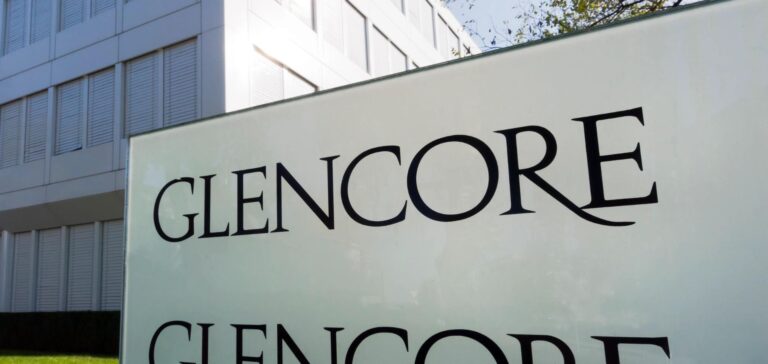Swiss commodities giant Glencore has come under heavy criticism for its coal strategy but is attempting an exit from the business that is no longer popular with investors through an offer for Teck Resources. But the Canadian mining group is already in the process of organizing its own spin-off of its coal activities and has twice rebuffed the advances of its Swiss competitor.
Coal splitting at Teck
In February, the Canadian group, which employs 11,000 people, proposed to spin off its metallurgical coal business, used to produce steel, by combining it into a new company called Elk Valley Resources (EVR), which will be listed separately on the Toronto Stock Exchange. The group will retain zinc and copper and will rename itself Teck Metals.
Metals have significant growth potential as they are in high demand for the energy transition, the Canadian group explains, even though coal contributed 60% of its C$17.3 billion (€11.7 billion) in sales in 2022, due to its soaring price after the invasion of Ukraine. Shareholders are being offered 1 EVR share for every 10 Teck Resources shares and a cash payment of $0.39 per share, for a total of $200 million. Japanese steel giant Nippon Steel Corporation, which holds a minority stake in a Teck Resources site in British Columbia, plans to invest more than $1 billion to obtain a 10% stake in EVR. Its South Korean competitor Posco plans to take a 2.5% stake.
Glencore’s counter-proposal
But in early April, Glencore unveiled an offer valuing Teck Resources at more than $22.5 billion, a 20% premium to its closing price on March 24. Glencore is proposing to combine their businesses and simultaneously split them into a metals business called MetalsCo and a coal business called CoalCo. Together, they would have a broader base, the Swiss group argues, pointing out that MetalsCo would also build on its cobalt and nickel activities. Teck Resources immediately refused, warning that such a combination would bring Glencore’s thermal coal into its business.
Thermal coal, used to generate power and heat, is much more criticized for its CO2 emissions and contribution to climate change. Norman Keevil, the patriarch of the family that controls a portion of Teck Resources’ Class A shares (which have more voting rights), also balked, saying the time is not right “for a transaction of this nature.” –
“Ransom to buy coal
On April 11, Glencore revised its offer, offering shareholders who want to get out of coal to receive 24% of MetalsCo and a cash payment totaling $8.2 billion. Teck Resources again declined. However, China Investment Corporation, which holds a 10% stake in the Class B shares, is said to be in favor of the offer, according to Bloomberg, which cited unnamed sources close to the matter. With this bid for Teck Resources, there is “now” at Glencore “a clear intention to act on the abandonment of thermal coal assets,” Varun Sikka, an analyst at Baader Helvea, welcomed in a market comment.
Activist fund Bluebell Capital, which has been lobbying since November 2021 for Glencore to divest from coal, however, disapproves of the form of the deal. To propose 8.2 billion is “like asking a ransom to Glencore’s shareholders to buy more coal and then to separate from it. This is absurd,” said Giuseppe Bivona, partner and co-founder of the fund, in an interview with AFP. He would prefer that Glencore first divest its own coal business, even if it means discussing a merger with EVR later. In a letter to Glencore executives, the activist fund, which does not disclose its holdings in either Teck Resources or Glencore, called the deal “illogical” and “poorly structured.






















